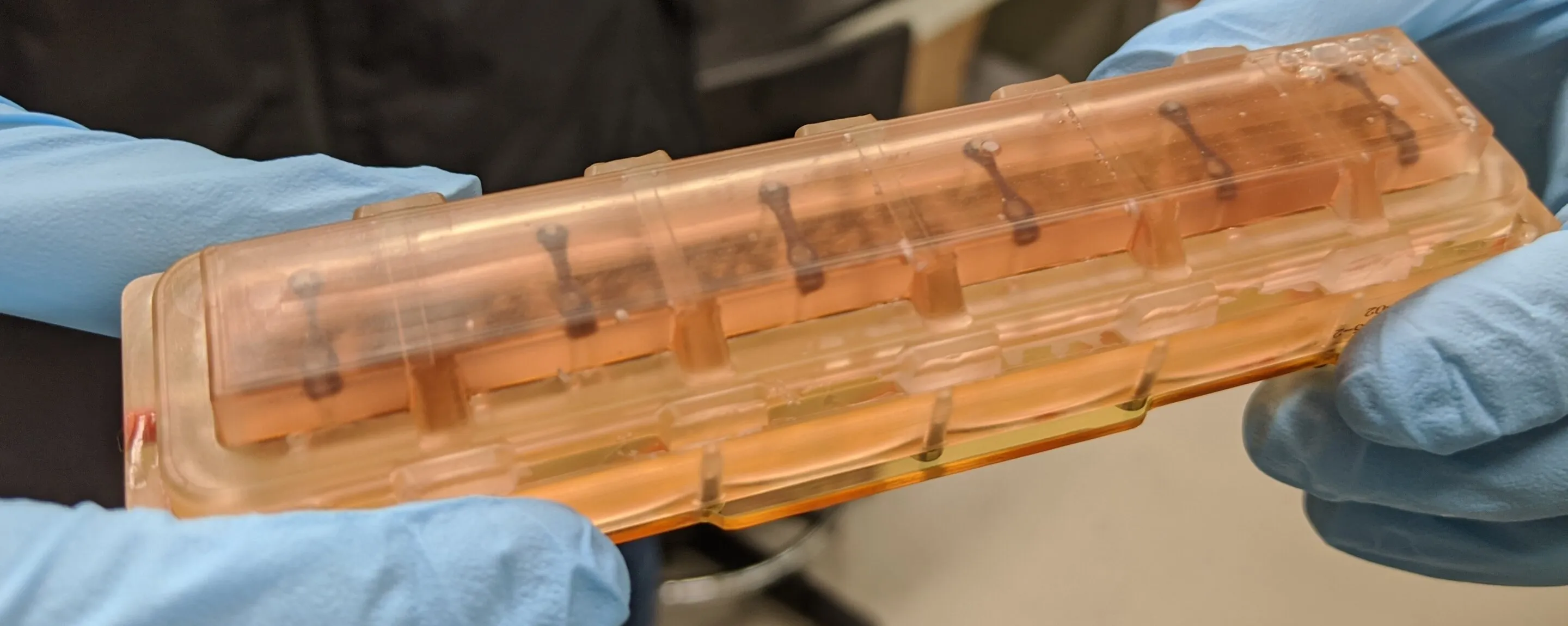Physics News: How Low Gravity Affects Heart Muscle Cells in Space

Significant Discoveries in Space Technology
Groundbreaking findings from Johns Hopkins Medicine indicate that low gravity significantly alters the behavior of heart muscle cells. After exposing 48 human bioengineered heart tissue samples to the International Space Station for 30 days, researchers observed unexpected disruptions in cellular rhythms. This study contributes vital insights into nanotech implications for long-term space travel.
Implications for Future Science News
The challenges presented by these findings underline the need for innovative approaches to safeguard astronaut health. With the technology of spaceflight evolving, understanding the effects of physics on human physiology becomes essential. Industries focusing on materials and science must prioritize developing solutions that can mitigate these risks.
This article was prepared using information from open sources in accordance with the principles of Ethical Policy. The editorial team is not responsible for absolute accuracy, as it relies on data from the sources referenced.